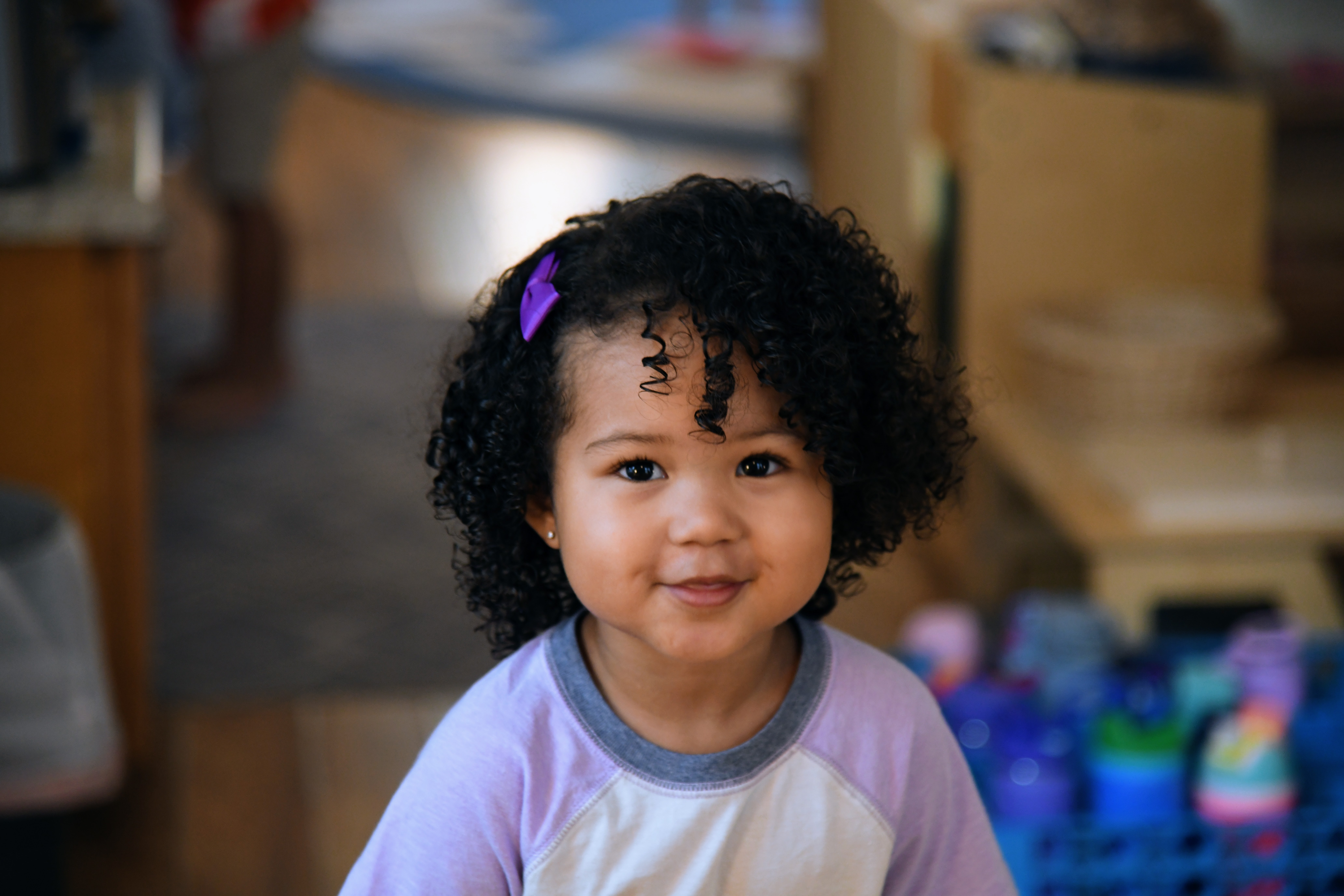"If education is protection to life, you will realize that it is necessary that education accompany life during its whole course."
- Maria Montessori







"If education is protection to life, you will realize that it is necessary that education accompany life during its whole course."
- Maria Montessori
What is Montessori?
Montessori Core Values
Maria Montessori, a physician and educator, developed a method based on her observations of the needs of children, and she created a theory and diagram of the Four Planes of Development, which exhibits the developmental stages and characteristics of children as they grow, from infants to adults. Her method consists of many keystones, the most important of which, we believe to be these things:
- Respect for Children – Dr. Montessori respected the child as a capable, admirable individual to be unconditionally accepted as a unique person. We live this belief by developing a deep relationship with the child and respect their unique gifts, talents, and traits.
- Individualized Learning – Dr. Montessori recognized that each child learns and develops according to an inner timetable. In a Montessori classroom, new concepts are introduced when a child shows an interest and readiness. Children are challenged according to that readiness, rather than top-down, age-based standards.
- Independence – Montessori observed that all children have a natural drive to be independent. The classroom is designed to encourage this process. Age-appropriate furniture, shelves, and tools allow students to take care of themselves, their friends, and the school environment with limited help from adults.
- Mixed-Age Classrooms – Dr. Montessori observed four distinct “planes of development” — three-year periods in which children share abilities, characteristics, interests, and tendencies. Children are grouped in multi-age classrooms that mirror these three-year age spans, encouraging peer teaching and leadership within the community.
- Education for Life – When observing children, Dr. Montessori noted the needs and abilities of children to develop skills needed in day-to-day life. These areas of the Montessori curriculum are appropriately named “sensorial” and “practical life.” Maria Montessori created the original primary-level sensorial materials still used today. Older students are less dependent on the materials and take increasing responsibility for their environment and their community.
- Freedom within Limits – We introduce your child to a broad curriculum but give students the freedom to pursue their own interests, while making responsible choices. This method develops a student who is an independent learner, intrinsically motivated and excited about education. Clear expectations and consistency are cornerstones of the Montessori Method.
- Children “Learn by Doing” – You will not see rows of desks, a teacher at a blackboard in front of the class, or children completing worksheets. Rather, your child will work hands-on with beautiful learning materials specifically designed to facilitate a deep understanding of abstract concepts and essential life skills. Montessori believed that “what the hand does the mind remembers.” (Montessori, Maria. The Absorbent Mind. New York, Henry Holt, 1995.)
- The Prepared Environment – The Montessori teacher, often called “the guide,” spends considerable time creating a classroom environment to meet the needs of the children. The child-sized materials and tools are placed so students can access and use them when needed. Cultural items of interest, beautiful artwork, plants, and animals create a warm, inviting environment where children will love to learn.
- Grace and Courtesy – Through grace and courtesy lessons, guides model kindness and respect for others and the world around them. The oldest children, having practiced for three years, serve as leaders for their younger friends. The guide and the older children will also help to teach the new students conflict-resolution skills. The result is a peaceful and respectful community of children.
"What the hand does, the mind remembers."
-Maria Montessori

What Makes MSC Authentically Montessori?
It’s a little known fact that Montessori is not copy-righted or trademarked. That means any entity can claim ‘Montessori’, but not all Montessori schools are authentic. Here’s what makes us so:
- 3 hour, uninterrupted work cycles
- Individualized sets of goals for each child
- Use of Montessori materials to absorb interdisciplinary concepts
- Fully trained and certified lead teachers
- Freedom of movement
- Expanding beyond the traditional classroom
- Cultivating a respectful and productive community

